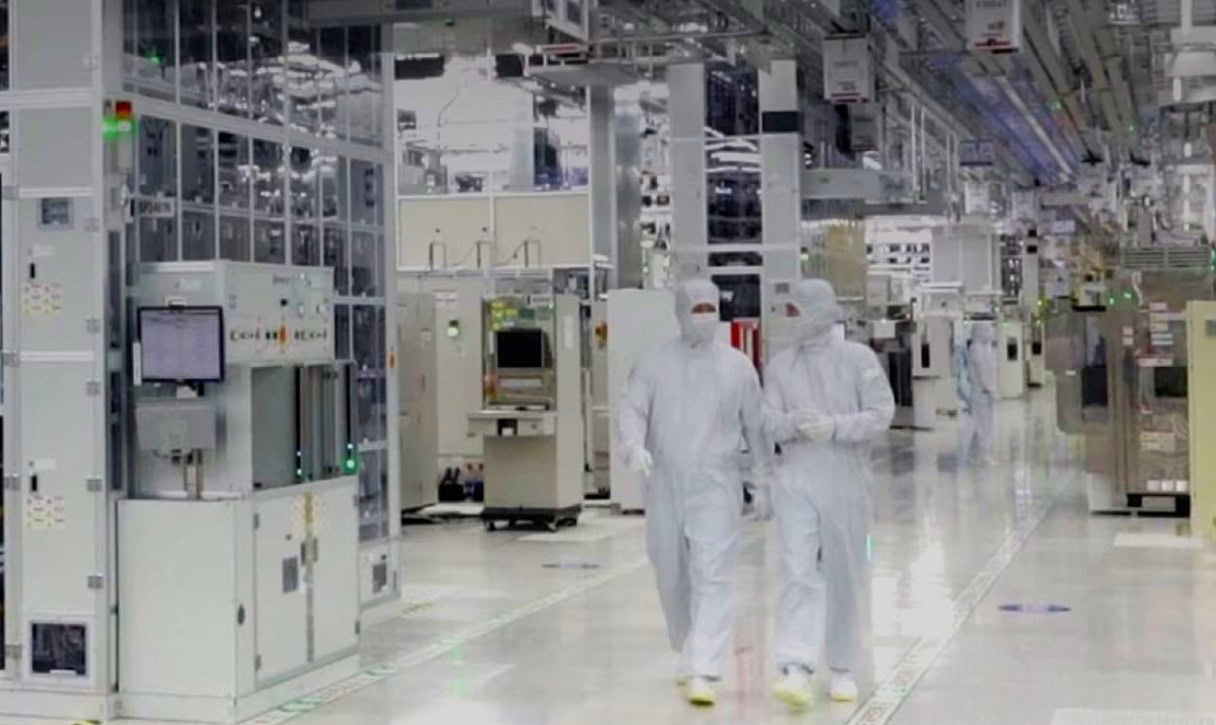For a while, the intense competition in the chip manufacturing world looked like a two-horse race. TSMC has been consistently ahead, with Samsung playing catch-up. While the South Korean giant has made significant strides in the past, his next major test is just around the corner. Samsung’s 2nm chip tech (SF2P) could be a make-or-break moment for the company’s future in the high-stakes foundry business.
Samsung’s second-gen 2nm process (SF2P), key for its Foundry’s branch
This new challenge centers on Samsung’s second-generation 2nm chip manufacturing process, known as SF2P. The firm is already scheduled to begin mass production on its first-generation 2nm node later this year. The upcoming Exynos 2600 SoC aims to be the first chip on the new architecture. The company would equip a percentage of the Galaxy S26 series with said chipset. Now, an industry insider says that the SF2P node is the one that will truly determine Samsung’s success or failure against its main rival.
The reason for this excitement is simple: the SF2P process promises some seriously impressive gains. It could deliver a 12% boost in performance and a 25% improvement in power efficiency over the first-generation 2nm node. All while taking up less space on the chip (reported by ZDNET Korea). In a world where every nanometer counts, these are the kinds of improvements that can win over big customers.
Tesla, a major client for Samsung’s 2nm chip process
And Samsung has already landed a major one. New reports confirm that the company has secured a massive, multi-billion-dollar deal to manufacture Tesla’s next-generation AI chip, the AI6. Tesla will use this cutting-edge technology to power its Full Self-Driving system, robotics, and data centers. This is a critical partnership for both companies. The plan is to produce the AI6 chips at Samsung’s new manufacturing plant in Taylor, Texas, which adds a new, strategic dimension to the deal.
It’s not just Tesla showing interest, either. Samsung is also reportedly working with a domestic AI semiconductor company called DeepX on a new chip for on-device generative AI.
Of course, this is just the beginning. Samsung has already completed the basic design for SF2P. But the insider notes that the yields are still not stable. But with so much riding on its success, Samsung is laser-focused on overcoming this hurdle. The company is betting its future on this process, and if it can deliver on its promises, the chip foundry landscape could change for good.
The post The Fate of Samsung’s Foundry Business Rests on Its 2nm Tech appeared first on Android Headlines.

Source: ndroidheadlines.com